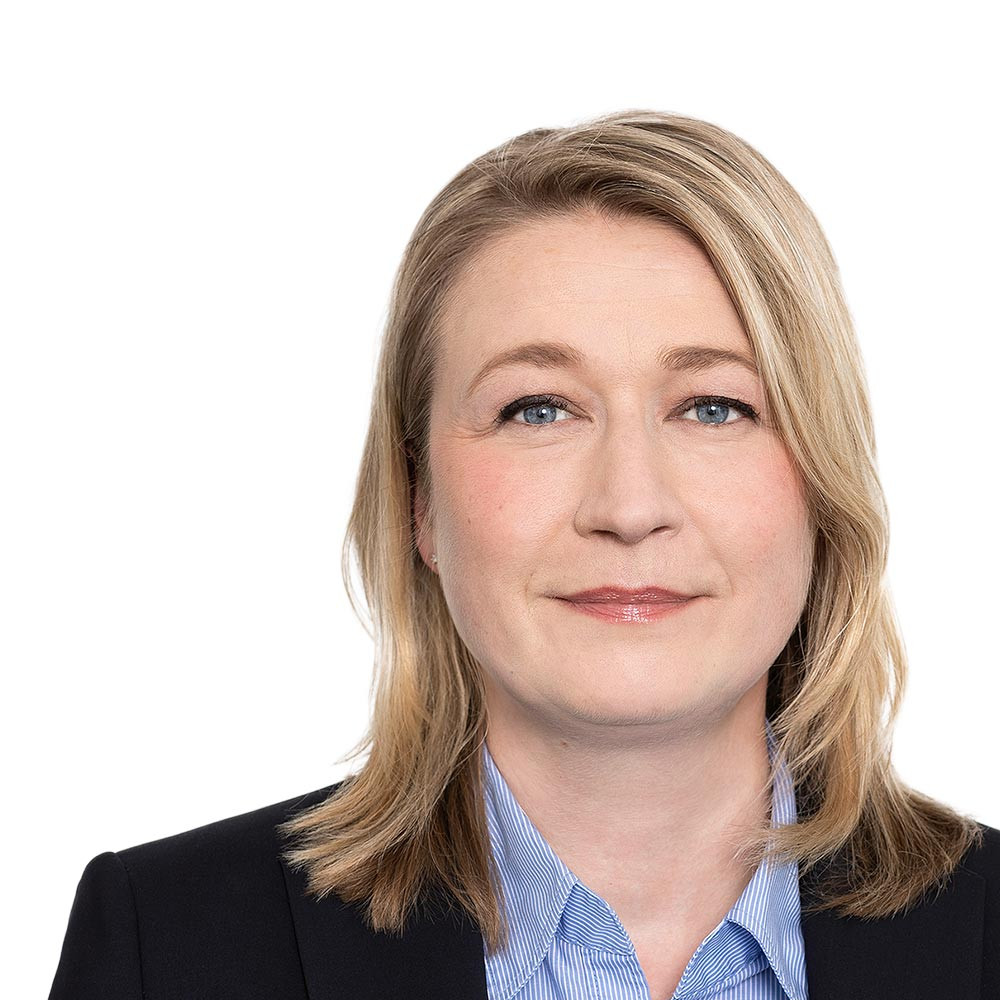The Act implementing the Second European Shareholder Rights Directive into German law has been in force since the beginning of the year. hkp/// group experts Regine Siepmann and Dr. Jan Dörrwächter comment on the first experiences of implementing ARUG II.
Ms. Siepmann, Dr. Dörrwächter, what are your first impressions regarding the implementation of ARUG II?
Regine Siepmann: It's not surprising that there isn’t much for the outside world yet to see. So far, only a few companies have taken up or been able to address the topic of executive compensation at their annual general meeting. But there is already a lot happening within the companies themselves.
Dr. Jan Dörrwächter: ... so, we expect that a number of companies will put their compensation systems to the vote at their next annual general meeting, even though the legislative deadline for this is set for 2021.
What do you see as the greatest challenges in implementing ARUG II?
Dr. Jan Dörrwächter: A major issue is definitely the requirement that the Supervisory Board must set a maximum compensation for the Management Board, a provision introduced late in the legislative process of amending the German Stock Corporation Act. This raises a whole series of questions and finding answers isn’t a trivial matter, especially as the result then applies for up to four years.
What are these questions?
Regine Siepmann: One of the most obvious concerns which compensation elements have to be taken into account: For example, is the company pension scheme to be included? How are fringe benefits to be incorporated? There’s also the question as to what the total amount set should be, in order to achieve a reasonable balance between the desired limitation and necessary flexibility within the four-year period.
A point open for discussion is whether the cap set should apply to the Management Board as a whole or whether it should be set for each member individually. How do you see this?
Dr. Jan Dörrwächter: Setting a maximum compensation for individual Management Board members or management functions has the advantage that an individual member’s maximum compensation is not automatically reduced should the board be expanded.
Regine Siepmann: And vice versa; the cap doesn’t unintentionally increase should the board become smaller.
There has always been considerable discussion regarding variable compensation. Does ARUG II put an end to this?
Regine Siepmann: Companies continue to be confronted with the issue of how exactly they should determine performance criteria for variable compensation and how they should report on this. On the one hand, the German Stock Corporation Act requires that these criteria are described as part of the compensation system and presented at the annual general meeting. On the other hand, it can make sense for the Supervisory Board to retain a certain amount of flexibility so that specific criteria, such as for the annual bonuses, can be adjusted to meet a changing economic environment.
Dr. Jan Dörrwächter: ... without immediately having to take it back to the annual general meeting.
On the subject of clawback: Do all companies have to include appropriate clauses in their Management Board contracts according to the new regulations of the German Stock Corporation Act?
Dr. Jan Dörrwächter: No, according to Section 87a of the German Stock Corporation Act (AktG), clawback clauses for compensation only need to be indicated if they are provided for. As before, the German Stock Corporation Act doesn’t stipulate the agreement of such clauses.
Regine Siepmann: However, the Act does now recognize such clauses and the new DCGK (German Corporate Governance Code) recommends that the Supervisory Board reduces or reclaims Management Board compensation in corresponding cases.
Dr. Jan Dörrwächter: Many investors also expect a clawback clause to be included in management contracts. This expectation is already creating pressure.
And what is your opinion regarding clawback?
Dr. Jan Dörrwächter: A clawback clause should be formulated with a sense of perspective and reflect the company’s specific compensation system as well its economic health. We advise against one-size-fits-all solutions.
Will ARUG II achieve its set objectives, such as giving shareholders a greater say in the compensation of their Management Board?
Regine Siepmann: Even though the annual general meeting can still only cast an advisory vote, the actual influence of shareholders on Management Board compensation will increase. If investors reject the compensation system, the Supervisory Board must present a revised, not necessarily changed, system at the next annual general meeting. However, Supervisory Boards cannot afford to ignore the content of such a vote.
If they do, criticism will condense in other agenda items.
Dr. Jan Dörrwächter: ... an example being the discharge of the Supervisory Board. This was, by the way, already the case under previous legislation.
Ms. Siepmann, Dr. Dörrwächter, thank you for your time.


